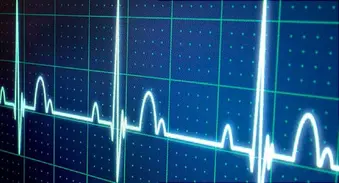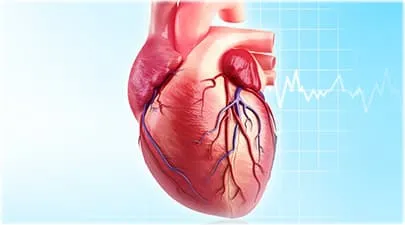What Makes You Tick? Heart Facts


Question 1/12
How many times does a heart beat in a lifetime?
- 2.5 million
- 2.5 billion
- 2.5 trillion
Question 2/12
Your heart can live outside your body.
- True
- False
Question 3/12
The bigger your heart, the better.
- True
- False
Question 4/12
A broken heart can:
- Really hurt
- Be seen on an X-ray
- Last forever
Question 5/12
Where in your chest is your heart?
- Left
- Right
- Center
Question 6/12
How many gallons of blood does your heart pump each day?
- 800
- 1,000
- 2,000
Question 7/12
When was the first successful human heart transplant?
- 1946
- 1967
- 1978
Question 8/12
How many chambers are in the heart?
- 2
- 3
- 4
Question 9/12
Which animal's heart is most like a human's?
- Dog
- Pig
- Ape
Question 10/12
A heart can sometimes fix itself.
- True
- False
Question 11/12
The heart has been linked with love at least as far back as:
- The Middle Ages
- Elizabethan times
- The '60s
Question 12/12
Be careful of airport security machines if you have a pacemaker.
- True
- False
